Polymerase chain reaction PCR - Animation
By: HWC
Date Uploaded: 10/08/2023
Tags: homeworkclinic.com Homework Clinic HWC Repeated cycles of PCR DNA molecules DNA polymerase complementary strands bacterial DNA polymerase amplified polymerase nucleotides Polymerase chain reaction
Polymerase chain reaction (PCR) is a method that amplifies fragments of DNA. The purpose of PCR is to create copies of a specific region of DNA. To use this technique, researchers must know the base sequences at either end of the region of interest. They use this information to create primers, short sequences of single-stranded DNA that have complementary sequences. Researchers mix together the DNA to be amplified, the primers, a DNA polymerase that retains its activity at high temperatures, and free nucleotides. At high temperature, The mixture is heated to 92 to 94 degrees Centigrade to separate the strands of DNA to be amplified. At low temperature of 50 degrees, the primers can base- pair to the template strands of DNA. At 72 degree, the bacterial DNA polymerase uses the primers as starting points to synthesize complementary strands of DNA. The number of copies has been doubled. PCR next round, the change of temperature cause the primers base-pair with the template DNA. To adjust the temperature so that DNA polymerase can synthesize complementary strands. This second round of PCR has doubled the number of DNA molecules again. Repeated cycles of PCR can quickly create millions of copies of a DNA sequence in only a few hours.
Add To
You must login to add videos to your playlists.
Advertisement



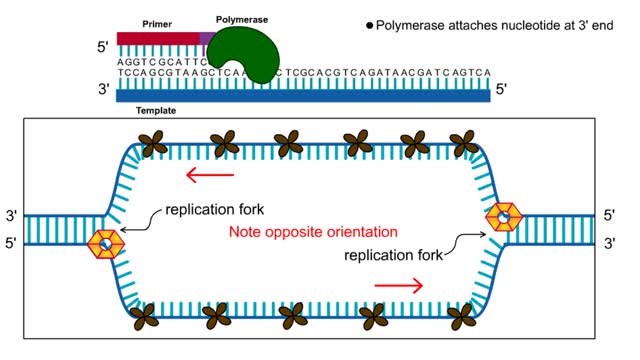
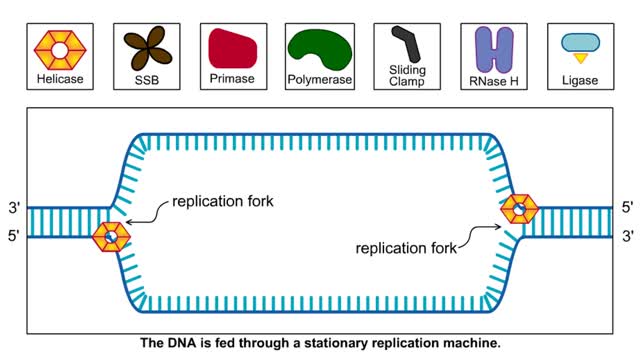
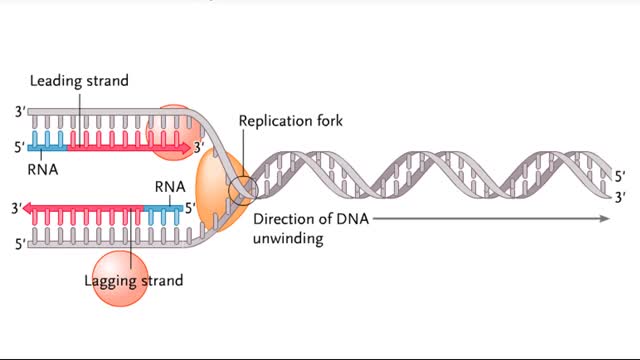
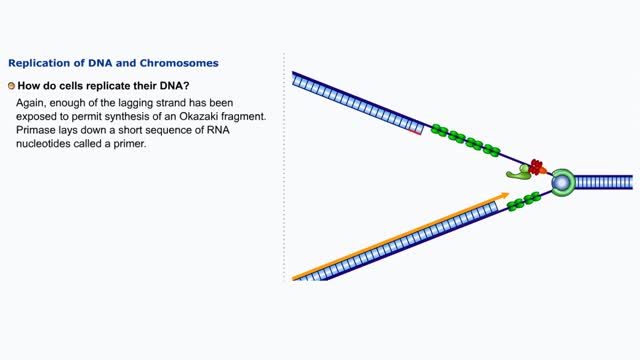
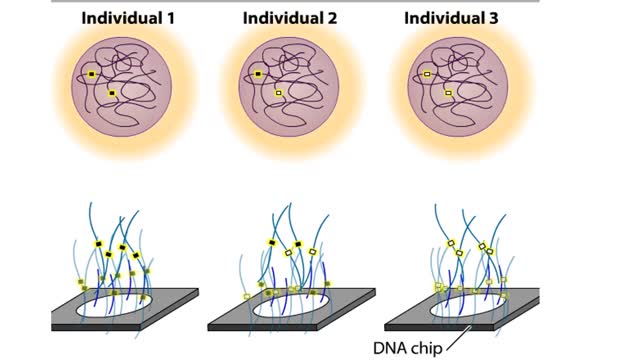
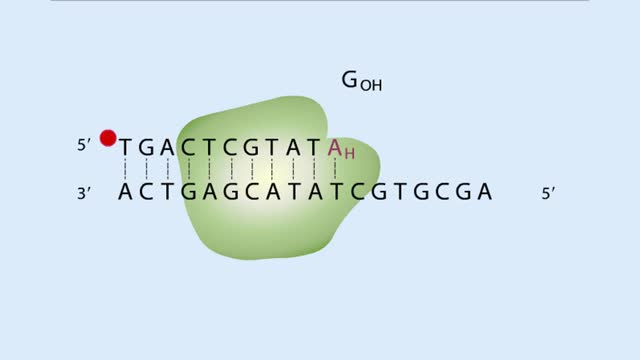
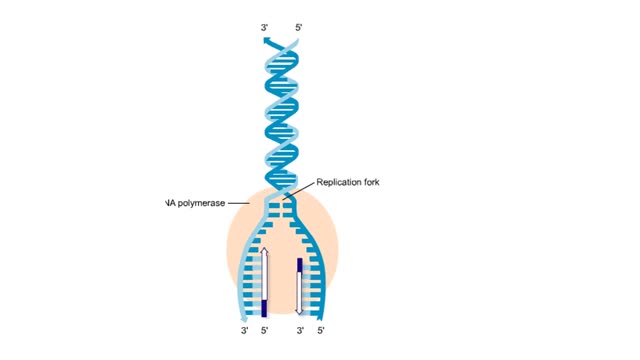
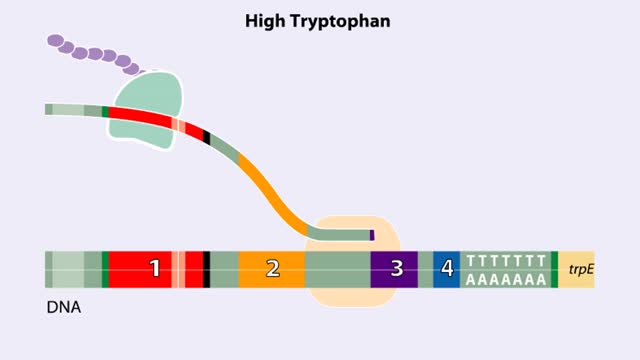
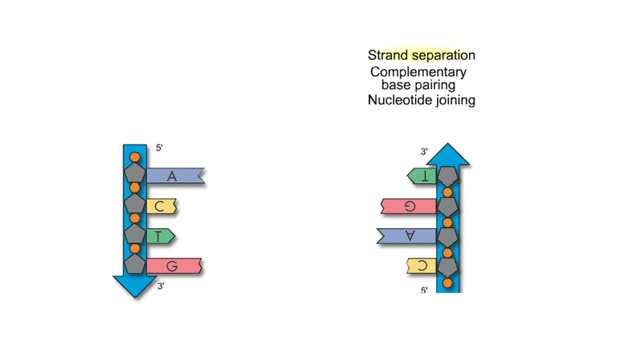
Comments
0 Comments total
Sign In to post comments.
No comments have been posted for this video yet.